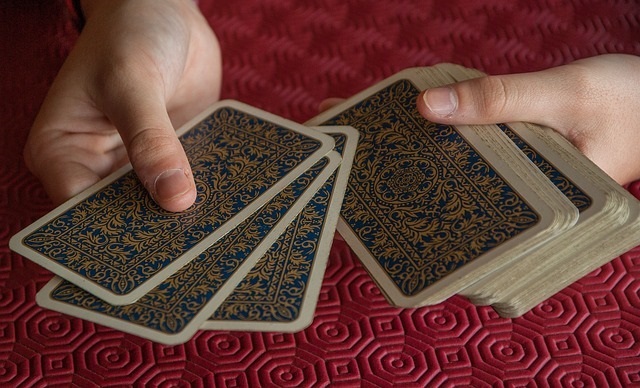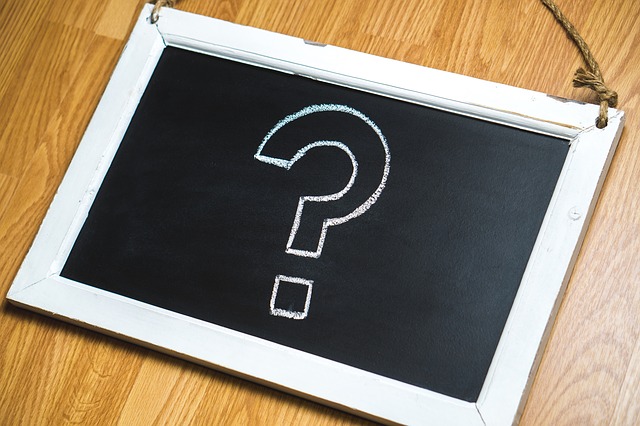When you hear the term “human resources” or “HR,” what do you think of? You’ve probably heard it quite a few times, whether that’s from your business courses, the news, or even as you’ve researched potential majors.
One of our favorite examples of someone who works in human resources is the character Toby from The Office. Toby’s job was to keep Michael Scott, Dunder Mifflin’s off-the-wall regional manager, in check. (If you’ve ever seen The Office, you know that was an impossible order!)
And if you remember Toby, you’ll also recollect that he was also considered a wet blanket and no fun.
But despite its portrayal in The Office, working in human resources is actually an excellent fit for anyone who enjoys working with people and shaping a company’s policies. This article will not only introduce you to the human resources degree, it will also give you a peek at the doors it can open for you.
























